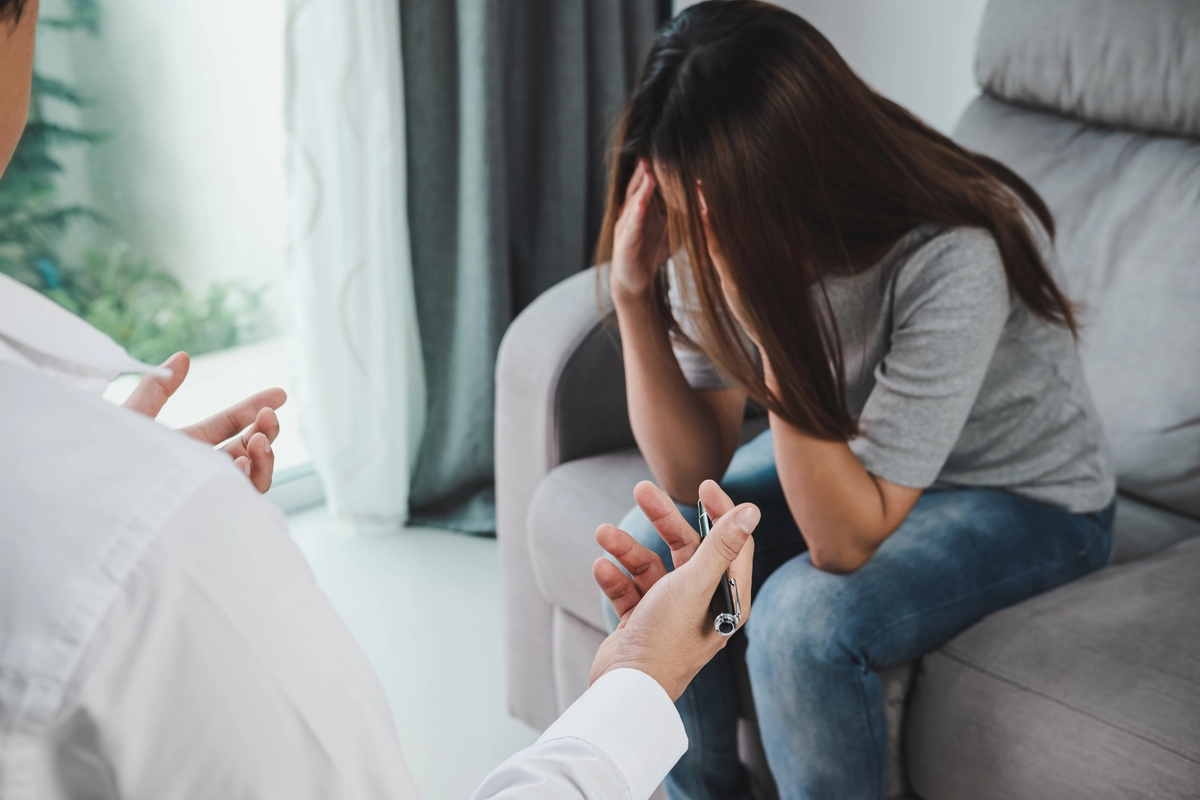24/7 Helpline:
(866) 899-221924/7 Helpline:
(866) 899-2219
Learn more about PTSD Treatment centers in Scappoose
Other Categories in Scappoose

Other Insurance Options

Optima

WellPoint

Sliding scale payment assistance

Oxford

BlueShield

Highmark

CareSource

Meritain

ComPsych

Holman Group

American Behavioral

Magellan Health

Carleon

EmblemHealth

Excellus

PHCS Network

CareFirst

GEHA

Medical Mutual of Ohio

Molina Healthcare





Columbia Community Mental Health
Columbia Community Mental Health provides behavioral health services in an outpatient setting for ch...

































































































Columbia Community Mental Health
Columbia Community Mental Health provides behavioral health services in an outpatient setting for ch...

Columbia Community Mental Health
Columbia Community Mental Health provides behavioral health services in an outpatient setting for ch...






















